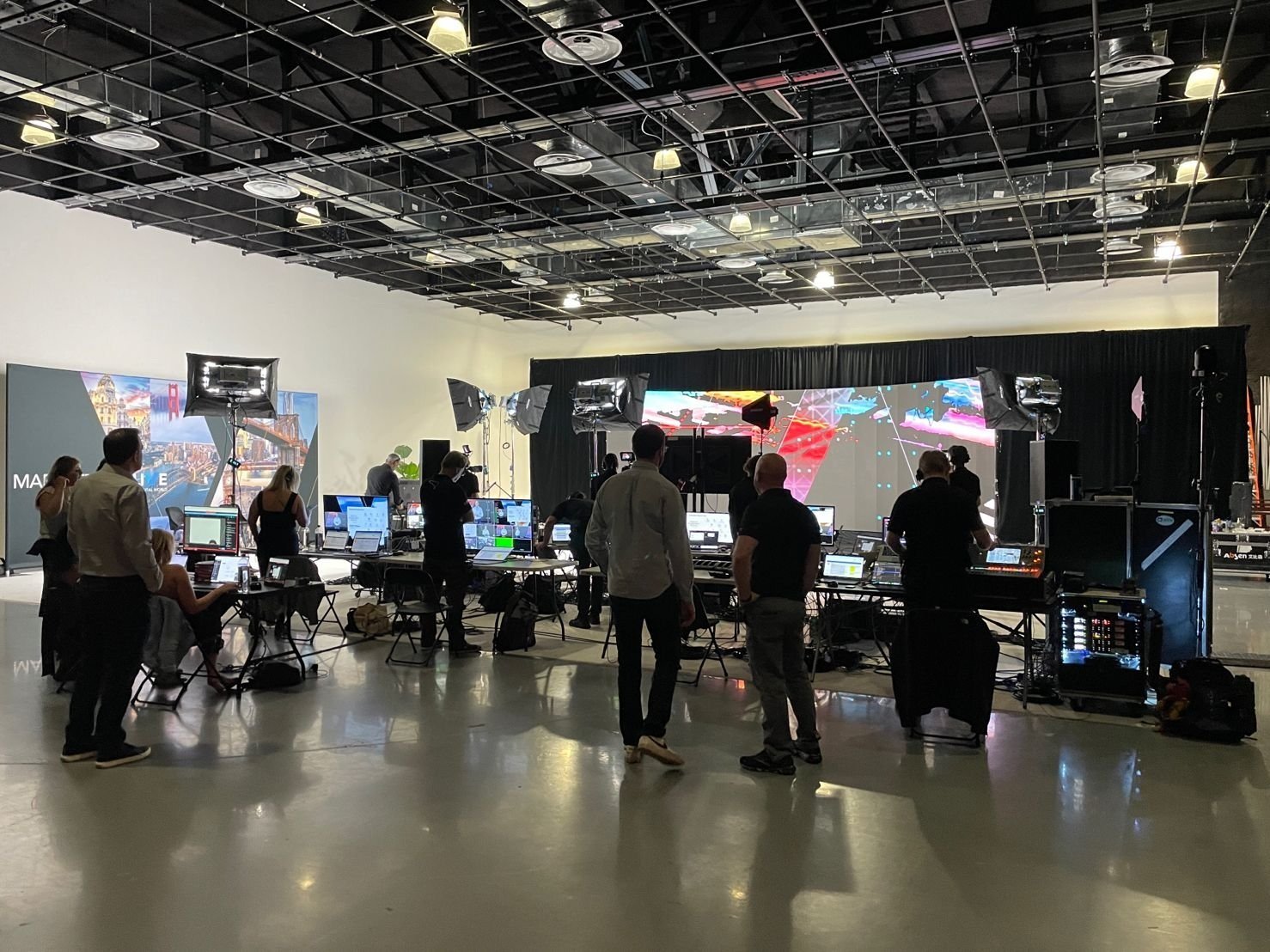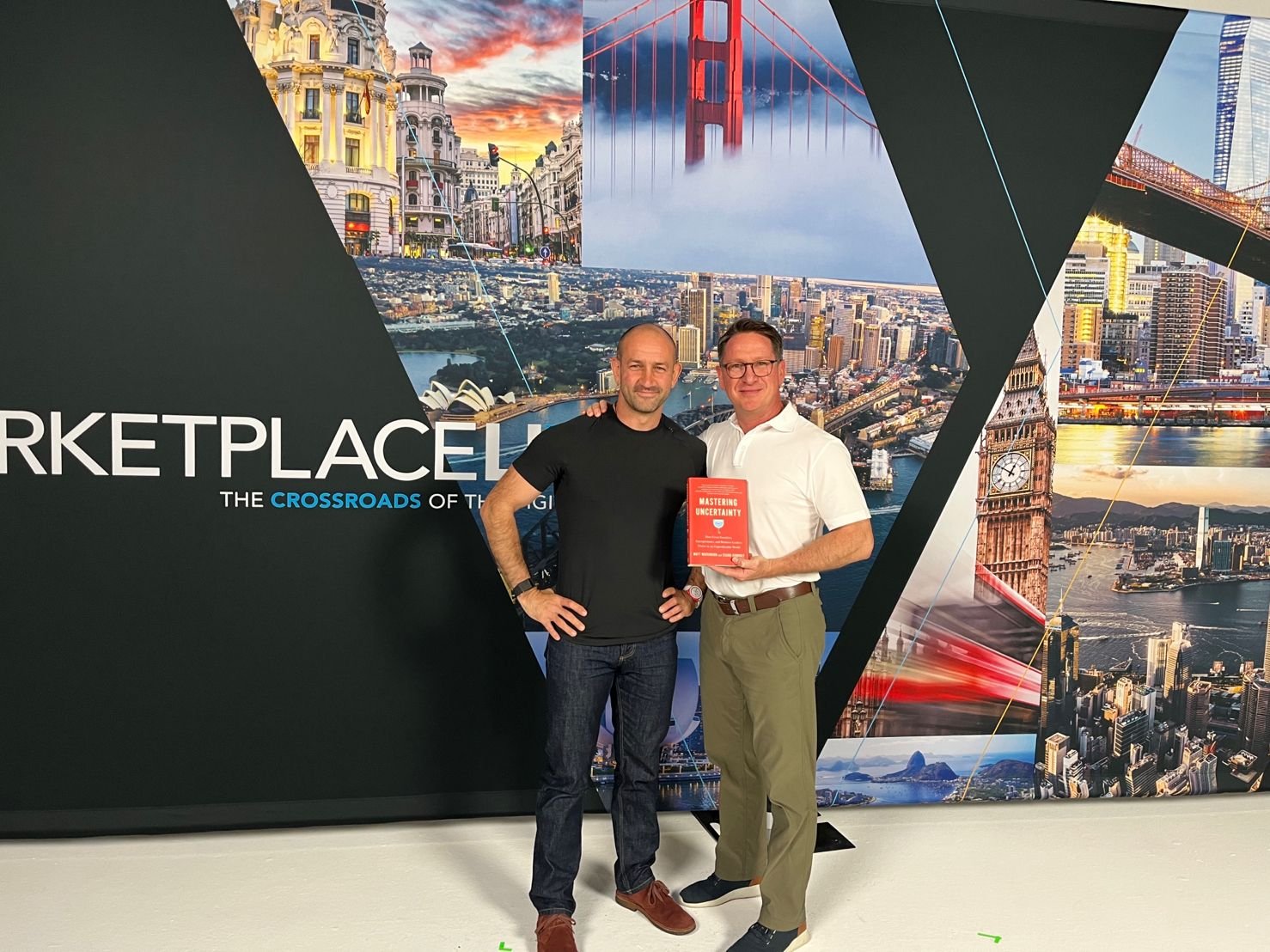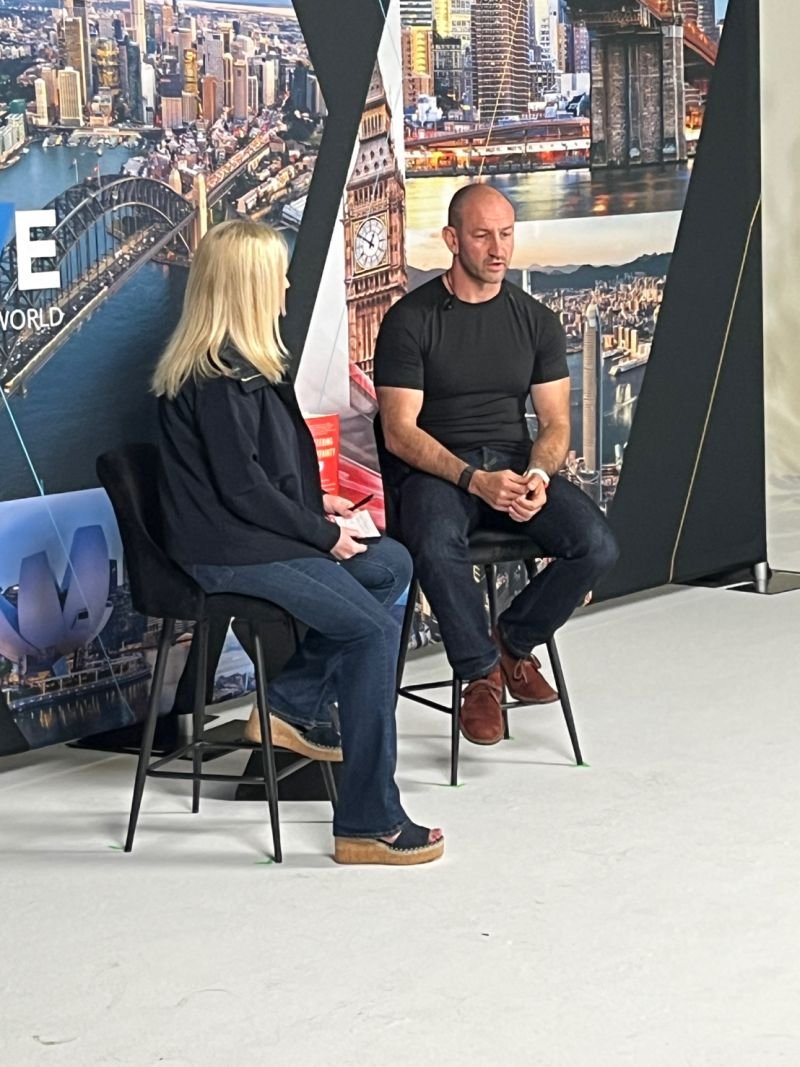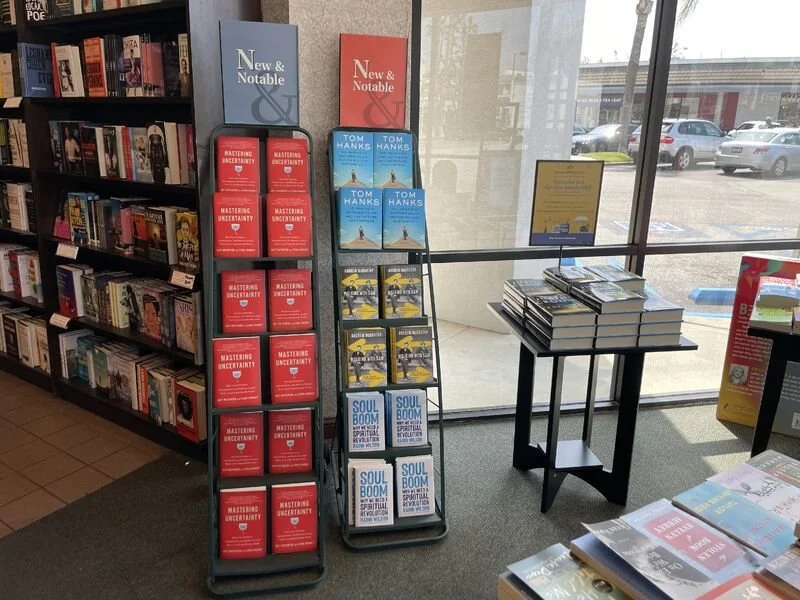These posts are duplicated from LinkedIn, where they’re seen by tens of thousands of people each week. They often spark lively, valuable debate and your voice would be welcome. Visit my profile to connect with me.
E-bike update. Here goes:
I strongly believe that consistent excellence in any domain requires a solid command of the underlying principles at work. In fact, I believe this so strongly that when I embarked on my design career I read literally hundreds of books on design theory, human factors and psychology, and eventually wrote one: The Ten Principles Behind Great Customer Experiences.
Principles are great because they give you a starting point for informed decision-making, help you innovate rather than just imitate and lead to more consistent success. Once you know that F=MA, the world is your oyster.
The problem is I know little about the principles at work when it comes to the design of a bike, e-bike or motorcycle chassis. Enter Tony Foale’s Motorcycle Handling and Chassis Design — The Art and Science, which I read last week.
A bit heavy going — maths and physics are not really my strength, and it is hundreds of pages long — but I was able to take the first vital step of transitioning from unconscious incompetence to conscious incompetence. From here at least I know which questions to ask and research further.
Also, a little lesson for anyone else embarking on a new project: tell people.
My post about the project last week — intended to increase my “luck surface area” — brought plenty of new connections, DMs, advice and offers of assistance from a diverse cross section of people at minimal effort. This is a key idea in Mastering Uncertainty and as with the rest of the advice in the book, it works.
Duh. :)
See this post on LinkedIn
13. Let go to gain control
Dear Marlowe,
Most of what goes on in the world is beyond your control. You can attempt to influence outcomes but can seldom dictate them, and should never try to force people into doing what you want.
There will be times when this is very frustrating. We will be angry that people can’t see sense, do not share our vision, or are behaving in a way that upsets us. They will occupy our headspace as we try to figure out how to persuade them to change, and we will find ourselves reacting emotionally to their presence, words and deeds.
What’s actually happening here is that in attempting to control them, we find that they are controlling us. The solution is to let go. However hard it is, just let go.
Accept that what other people think, say, or do is beyond your control and re-focus on your sphere of influence. Being able to de-couple in this way puts you in the driving seat of your own life.
Love,
Dad.
****
Letters to Marlowe is a personal project to pass on valuable life advice to my son.
See this post on LinkedIn
I had a great time in New York yesterday speaking about Mastering Uncertainty at Digital Realty’s Marketplace Live event.
It’s always a privilege to be invited to share your ideas and this was certainly no exception.
Thanks to the man, the legend Don F. for inviting me and to Nadia Tuffaha for making sure everything ran like clockwork. True professionals! 💪
See this post on LinkedIn
I like to have a big personal project bubbling away in the background to keep me entertained, learn some new stuff and have some fun, and this year I’m going to design and build my own e-bike.
There’s a few reasons:
I’m intrigued by electric power trains
All the e-bikes I’ve seen so far don’t look great, cost a fortune, or both
It will be useful for errands that don’t require a pick up truck (most of them)
There are a few things I don’t know:
What is or isn’t legal, and license requirements
Anything about chassis or frame design
How to fabricate parts (Welding, 3d printing, etc.)
How to make prototypes
How to draw
How to use any 3d modeling software
Anything about electric power trains / components
How much this boondoggle will cost
I am 100% confident that this project will be a great success, however, because:
I can learn
I am not afraid to call people and ask for help
Everything I need to know is known by someone already (no invention required)
I also assume that the world wants me to succeed - people will come out from the woodwork as time passes to help me along.
Given my 10k+ connections here and their diverse backgrounds, skills and networks, I cannot imagine that any expertise I need is more than a DM away.
If you’ve read Mastering Uncertainty you’ll know that you can expand your luck surface area by sharing your goals, passions or projects more broadly. This post would be an example of that :)
See this post on LinkedIn
There is something that many respected authors and experts on innovation do not seem to acknowledge:
You cannot de-risk greatness.
If you want to create something that is truly innovative you have to embrace uncertainty and accept that it might fail. Innovation is about trying things that are new or have not been done, which entails risk. The idea of risk-free innovation is a contradiction in terms.
Think of it like squeezing a balloon: as the inventiveness of the idea goes up, the certainty of success goes down and vice versa. It has always been this way.
The advocates of highly structured research and product development methodologies always make the same sales pitch: "90% of startups fail. X% of innovation initiatives fail. Follow our process and you're less likely to fail."
What they don't tell you is that "not failing" is at the bottom end of human ambition and isn't the point of innovation at all. If your only goal in life is to not fail, you can forget accomplishing anything meaningful.
As you approach the top end — trying to create something truly awesome with the corresponding payoffs for it — there is always significant risk involved.
Think about it. If there was a reliable process for producing billion dollar companies, everyone who followed it would be obscenely wealthy and investors would get it right every time.
In summary: following ultra-rigorous processes is most likely to produce average to good products with comparatively high degrees of certainty.
Visionaries willing to take risks are more likely to produce something great but are also more likely to fail.
You have to choose your aspiration. There is no free lunch.
See this post on LinkedIn
12. Turn poison into medicine
Dear Marlowe,
Suffering, pain, setbacks and adversity are inevitable parts of life. There’s no getting around it.
When you find yourself in such circumstances the thing to ask yourself is “How can I turn this poison into medicine?”
What can you learn from it that will help you and others grow? How can you help other people avoid the same situation? How can you use this setback as fuel for your determination, creativity or passion? How can you look back on this as a turning point that led to bigger and better things?
Many times in life I have found myself down and out, bruised and beaten, licking my wounds. Each and every time I’ve found a way through it by taking this philosophy to heart. I hope it can help you do the same.
Love,
Dad
****
Letters to Marlowe is a personal project to pass on valuable life advice to my son.
See this post on LinkedIn
“You train an animal. You teach a person.”
This quote from Sol Price has been rolling around in my head for a few days now. For some reason it resonates with me but at the same time I am not in full agreement.
What’s the distinction between the two?
In my mind, teaching is more about giving people the building blocks — the theoretical knowledge — to perform. Training is more about giving people a specific set of processes to follow.
You might teach someone the principles of UI design, but train them on how to use Figma for example. Is that right? I don't know.
It does make me wonder whether companies put too much emphasis on training and not enough on teaching though, especially if we want them to innovate, problem solve, seize the initiative, etc.
Might there be more value in teaching vs training?
It makes me think of this quote from Emerson which obviously predates the existence of women:
“The man who knows how will always have a job. The man who knows why will always be his boss.”
I don’t know much about teaching or training so I’m curious. What do you think?
See this post on LinkedIn
Last week I repeatedly heard a strong contender for the most stupid idea I’ve come across on this platform (which is really saying something):
You shouldn’t consider what successful entrepreneurs think and do because of the survivorship bias.
What is the survivorship bias you ask? One article describes it as “The act of focusing on successful people, businesses, or strategies and ignoring those that failed.”
Another calls it “a tendency to get carried away by a rare success story without considering similar examples of failure.”
Articles on the subject conclude that we are “easily fooled by success stories.” And that it’s “important to remember attempting to recreate the success of the successful won’t necessarily translate into similar results.”
Are these people serious?
First, think of a discipline where studying the past masters isn’t part of the curriculum. There isn’t one.
Business is literally the only discipline I can think of where people are encouraged to ignore the advice of people who have actually succeeded in favor of taking advice from people who have accomplished next to nothing. This seems pretty stupid to me.
Every successful business person I know takes advice from other successful business people who have real, lived experience and a demonstrable track record. Why? The difference between theory and practice is bigger in practice than in theory. This is the biggest lesson you learn from reading about how things played out in the real world.
Second, read the biographies of the greatest entrepreneurs and you will find that they aren’t success stories at all. They are failure stories! They are failing over and over and over and over and over again and eventually succeeding. Or succeeding then failing then succeeding again. Churchill was right: “Success is stumbling from failure to failure with no loss of enthusiasm.”
Of course there is luck and context involved — there is in anything. Of course eating the same breakfast as Larry Ellison isn't going to make you into him. Very few people are stupid enough to think that. But...
Third, these stories inspire people. It is exciting to see other people accomplish their dreams and think it might be possible for us to do the same. It is human nature to be inspired by great achievements, and there is nothing wrong with dreaming big and aspiring to follow in a titan's footsteps.
Somebody has to win Olympic gold, build a brilliant business, invent breakthrough products or technologies and do things that have never been done before. Why not you? Don't let an armchair expert who's read The Art of Thinking Clearly talk you out of it before you've even begun!
Hose me with hate in the comments.
See this post on LinkedIn
Some people seem to have a really hard time accepting that there is more than one approach to creating a new product. Here are four options.
1.
You can conduct extensive market research and follow an ultra rigorous methodology. Maybe your risk of failure goes down, but your risk of creating something that’s middle of the road probably goes up.
People love this approach if they are primarily concerned with not failing rather than achieving greatness. Nothing wrong with that. Nothing wrong with this approach.
2.
You can create something you really love and hope that other people share your enthusiasm. Your risk of failure goes up, but your risk of boredom and mediocrity goes down*. This is the Steve Jobs approach, according to his own words.
People will tell you not to do this because you are not Steve Jobs, but neither was he until he was. They will also look at you condescendingly and say “You are not your customer.” Well…sometimes you are, actually. Yvon Chouinard was his own customer at first — he's done alright.
There is absolutely nothing wrong with this approach either, if you’re aware of the risk profile. I wrote three books this way and it worked just fine even though I am not Steve Jobs or Yvon Chouinard.
3.
You can cultivate great taste over a number of years and use your intuition to guide you towards a solution that transcends functionality and might become a cultural artifact. Your risk of success might be lower but should you succeed you’ll become a legend.
You could call this the Newson / Rubin / Pharrel approach. People will tell you not to do this because they don’t have great taste themselves, and think Spock is the model par excellence for a business decision maker. Again, there is nothing wrong with taking this approach, if you’re aware of the risk profile. This is how I approached building my BMW motorcycle. I am as far from being a legend as I am from Marc Newson's birthplace, but it still worked.
4.
You can run ten experiments and see which one gets traction. If nine fail and one succeeds beyond your wildest dreams nobody will give a shit about your failures. This is the probabilistic / portfolio approach that incubators, VCs etc. follow.
People outside of this world will look at the 90% failure rate and condemn the players as stupid. But that’s because they don’t understand the connection between risk and reward. Again, there is nothing wrong with this approach, if you’re aware of the risk profile.
I am hard at work on my next idea, and am already incorporating elements of all four. We’ll see how it goes. Rain your bile down upon me in the comments below.
*Kudos to Ben Eyler for coining the term "Risk of mediocrity". I said I would steal it, and now I have.
See this post on LinkedIn
While we can’t predict the future, we’re pretty sure this is the only situation where Csaba Konkoly and I will be sharing the Tinseltown limelight with Tom Hanks.
A big thank you to Barnes and Noble for featuring Mastering Uncertainty in their front-of-store “New and Noteworthy” section, and to everyone who has bought the book so far.
At this rate there will be 10,000 copies in circulation soon which is great momentum, and the reviews continue to make very gratifying reading.
Onwards and upwards! 💪
#businessbooks #entrepreneurship
See this post on LinkedIn
11. You can’t ride two horses with one arse
Dear Marlowe,
Confucius said “The man who chases two rabbits catches neither.” I prefer the Hungarian version — you can’t ride two horses with one arse.
It is ever tempting to do too much. Take on too many projects, or otherwise over-commit. However, doing less but better is ultimately more fulfilling. To achieve your potential at something involves saying no to things that distract you from it which frees you up to focus.
These decisions are not always easy. Deciding to commit to something wholeheartedly takes courage. Don’t worry though, you can always change direction later if you want to, just be sure to give things your best shot, and not compromise what you could accomplish by spreading yourself thin. One arse, one horse.
Love,
Dad.
****
Letters to Marlowe is a personal project to pass on valuable life advice to my son.
See this post on LinkedIn
How does a guy starting with an Ikea toolkit and zero experience build a custom motorcycle — including the engine and a complete wiring system — that gets featured on the world’s top motorcycle website?
Here’s how: one step at a time.
I found a donor bike that I thought would work. Easy and fun.
I bought three books on motorcycle building / renovation and read them. Easy and also fun.
I took the bike apart one piece at a time taking photos and labelling everything. Mostly easy and fun.
When I needed a tool I didn’t have I bought or borrowed it. Easy — just show up with beer.
When I didn’t know what a part did or how to do something I googled / youtubed it. Easy most of the time.
When I messed something up I reminded myself that it was my first go and it was bound to happen. Less easy psychologically, but gets easier with practice.
If I got really stuck I called a professional for advice and did what they said. Easy.
I kept my focus on the process and one next step rather than the outcome. Gets easier with practice.
When I got pissed off with it, tired or frustrated I stopped and did something else. Easy.
What’s this got to do with anything?
You can apply the same process to accomplish pretty much any goal.
Get started with a single step that feels fun.
Break the project down into manageable chunks that feel achievable.
Take it one step at a time.
Remember that fail stands for “First Attempt In Learning”.
Ask for help when you're stuck.
Take breaks when frustration and tiredness set in.
Commit to the process not the outcome.
Smash.
See this post on LinkedIn
I saw the movie Air last weekend, about how the insanely successful Air Jordan franchise came to be.
It is a tale of a rebel within an underdog company ignoring convention and placing a bet on an idea that his colleagues thought was insane, based on gut feel, intuition, and a mother’s ironclad belief in her son.
Maybe next Ben Affleck will direct a movie about a committee who cooly evaluated some data, wrote a rational business case with a clear return on investment, then added a couple of new features to their existing product.
See this post on LinkedIn
Arguably the worst idea to take hold in the business world — and a concept that is so firmly entrenched in the way we do things that few question it — is the notion that there are "thinkers" and "doers".
Managers, strategists and other intellectuals sit at the apex of the organization thinking, but not doing.
Manual laborers, contact center agents and cashiers are at the bottom, and can do but are not allowed to think.
Consequentially, many take a perverse pride in, or garner status from, being detached from real-world pragmatism, and aspire to exist in a purely intellectual sphere of abstract concepts, data, and theories. While actual execution or service delivery has become something for beings of an altogether different and lower caste, who are not allowed to seize the initiative or deviate from rigid procedures.
This is unhelpful for many reasons:
1. It’s a false distinction
Execution and service delivery requires as much intelligence, knowledge, insight, training and expertise — if not more — than “pure” knowledge work.
2. Execution is what matters most
The people who actually deliver a service are essential, those who aren’t are optional. If all the bin men in our city went on strike for a month we’d be in a rat infested hell within a few days. The same cannot be said for those further up the totem in their division, I fear. In any hierarchy, the level above exists to serve the level below, not the opposite way around, as Donella Meadows explained in her primer on systems thinking.
3. The front line is plugged into reality
People in front-line jobs — customer service, receptionists, cashiers, call center agents, etc. — have direct contact with customers and develop a “feel” over time for what is going on that is a rich source of feedback. Too bad it’s usually ignored!
With that in mind, my mental model of a customer experience professional isn’t a psychologist, prosecution attorney, anthropologist, scientist, chess grand-master, or human rights activist.
It’s a lowly plumber looking for where customer value is leaking out of the pipes of the business and fixing it. Modest, grounded, pragmatic, and solving real world problems.
See this post on LinkedIn
Is market research worth doing? What can you learn from it? The answer is not much and you certainly can’t rely on it.
You have to back yourself. You have to back your own judgment. It’s not a science. You have to believe you are right and back it. Hopefully you’re right more times than you’re wrong.
Before you rain your scorn down upon me, the above is a direct quote from James Dyson, 41:53 into his interview with Tim Ferriss.
Dyson is the second richest person in Britain and undoubtedly one of the greatest entrepreneurs, designers and innovators of our generation.
Why does he say this?
Because he knows he can’t predict the future. He knows that you can’t ask people if they want to buy your product and be confident in their answer — you have to make it and see, and accept that people might not share your vision. Jobs, Bezos and a host of other titans have all made similar points. Dyson, and his peers know they might be wrong but are comfortable with risk and uncertainty. This is their superpower.
Read the biographies of the most successful entrepreneurs and leaders of all time and compare their approach with the recommendations put forth by academics and consultants and you’ll see that they are diametrically opposed. Yet only one of these groups — the entrepreneurs — has actually achieved great commercial success. What accounts for the difference?
Fundamentally it comes down to this: their attitude towards and acceptance of uncertainty, and a willingness to fail in the pursuit of greatness.
Market research is driven by the quest for certainty. People want to know they will succeed before they try. But this is impossible. Entrepreneurship is all about accepting uncertainty as a fact of life and acting accordingly.
If this intrigues you, our book Mastering Uncertainty takes all these insights and more and packages them up with a bow on top so you can stop excessive navel-gazing, pontificating, analyzing, and strategizing and adopt the mindset and working practices of people who have actually achieved great success rather than just talked a great game.
Ps. Let me just repeat one part of that quote:
“It’s not a science.”
I seem to remember making a similar point a few weeks ago and being ridiculed for it by a prominent academic who coincidentally hasn’t amassed a net worth of $16.2bn.
See this post on LinkedIn
10. The higher the pedestal, the deeper the pit
Dear Marlowe,
Be wary of putting anyone on a pedestal.
The higher our expectations of someone, the more crushing our disappointment should they fall short. This is why people often say there’s a fine line between love and hate — “the higher the pedestal the deeper the pit” as a mentor once told me.
Nobody is perfect. Everybody has strengths, weaknesses and idiosyncrasies. We can all get upset, say things we don’t really mean, and make mistakes. One should not expect otherwise, nor judge people too harshly if they do.
Be wary too of anyone who puts you on a pedestal, since should you fall short of their expectations, you’ll end up in the pit yourself. Try not to let people’s expectations of you get out of hand. You can avoid a lot of unnecessary turbulence this way.
Love,
Dad.
****
Letters to Marlowe is a personal project to pass on valuable life advice to my son.
See this post on LinkedIn
First Republic Bank — with their insanely high Net Promoter Score of 80 — has gone pop and been rescued by JP Morgan — who have a Net Promoter Score of who cares.
It turns out that a business is a system where many, many things — not just whether your customers say they are likely to recommend you or not — are important. And that, as I wrote last week, the art of leadership and management is making astute trade offs and keeping the whole system in good shape, not just one part of it.
Thank you for coming to my TED talk, and feel free to drop the term "customer-centricity" from your lexicon.
See this post on LinkedIn
You know what’s easy? Arm waving, hyperventilating and pontificating about how Chat GPT, or AI, or whatever is going to change the future.
You know what’s hard? Having the appetite, curiosity, humility, tenacity, skill and attention to detail to actually fix a problem or build something of value right here in the present.
Anyone can look smart by holding forth about what might happen in a year or ten. But the kudos belongs to the people who are rolling up their sleeves and actually doing something useful right now.
As the saying goes, you don't need to predict the future if you're busy creating it.
See this post on LinkedIn
A year has passed since my dear friend Scott ended his life, and a lap of the sun has not lessened the grief.
Losing any loved one brings anguish and yearning, and suicide raises many unanswerable questions.
Thinking about it is like staring at an M.C. Escher drawing. Whichever path you head off on, you find yourself back where you started.
If you’ve been through something similar you know what I’m talking about. And if you’re grieving or processing a loss of any kind — as I know many of you are — take comfort that you’re not alone. Far from it.
I’m taking time out today to celebrate his life with his best friends and daughter. Oh, and his Honda that I rebuilt last year is getting plenty of exercise on the track. It is a truly splendid machine that I intend to keep forever.
See this post on LinkedIn








